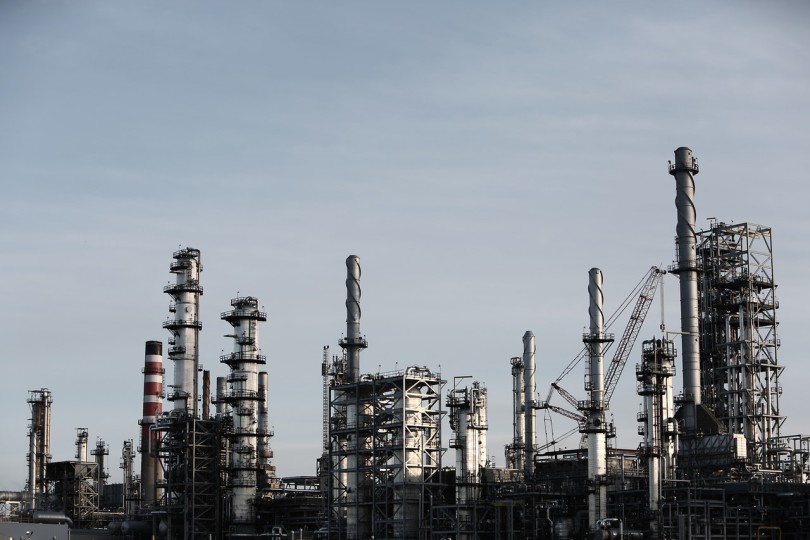Why Is the Gulf Attracting Climate Tech Businesses?
28 Jun 24
Enviro ChatThe Global News Source for the World of Science and Chemicals
24 March 2021
Enviro Chat
The UAE has traditionally relied upon fossil fuels for both its energy generation needs and its economic success. However, the country’s leaders are well aware that the dangers of climate change mean a transition to more sustainable forms of energy generation are likely to replace oil, gas and coal in the long run.
In recognition of that fact, the UAE has been diversifying its energy portfolio for many years now, with a significant proportion of its mix contributed by solar power farms. Nonetheless, it’s believed that oil and gas will continue to play an important role in providing the energy we need on a global basis for the foreseeable future, which is why pursuing low-carbon versions of those energy sources is an important consideration.
The UAE has two strong advantages of its competitors when it comes to the oil industry. On the one hand, the unique geological formations found underneath Emirati soil mean that the oil mined from its wells is less carbon-intensive than from other locations. On the other hand, the country is led by a government which puts sustainability at the forefront of its commercial and industrial strategies, ensuring environmental issues will always be taken into consideration.
For example, the UAE is already home to three of the world’s largest solar power farms and has renewable interests in more than 30 countries around the globe. However, its prestige and economic power have largest been built upon its status as one of the largest oil refining countries in the world, meaning it is well-placed to make a difference to the industry.
It was the first Middle Eastern signatory to the Paris Climate Agreement in 2015 and has signalled its commitment to environmental concerns by devising the National Energy Strategy 2050, which sets down in writing some of the country’s ambitions and objectives with regard to the energy industry. Low-carbon oil is a major component of that strategy.
Although the oil that it mines is already less carbon-intensive than some other regions of the planet, the UAE is not content to rest on its laurels in this quarter. For that reason, the Emirati government has identified a target of a 25% reduction in its carbon intensity over the coming decade. A key piece of solving that puzzle is carbon capture, utilisation and storage (CCUS).
Although still in the developmental stages, CCUS is a ground-breaking technology which can remove carbon at the point of emission and store it for use in other purposes. The Abu Dhabi National Oil Company (ADNOC) – the state-backed oil firm – is one of the regional leaders with respect to that technology, with the capacity to capture up to 800,000 tonnes of CO2 through its CCUS programme at Al Reyadah already.
By 2030, ADNOC hopes to increase that capacity to a whopping five million tonnes per annum, which could have a significant impact on our environment. By pursuing programmes such as CCUS, as well as using low-carbon extraction methods in its industries, the UAE can help to transform the fossil fuel industry and prepare it for a greener, more sustainable future.
DOWNLOAD PDF

2 Day Seminar Program
@ ArabLab+ 2024
24 & 25 September 2024
Your stay in Dubai
Labkit
Product News
Chemkit
Product News
Thinking about exhibiting at ARABLAB 2024? Watch our video to find out more.
Join the world’s leading organisations…
Join our mailing list and receive the ARABLAB newsletter and event updates.